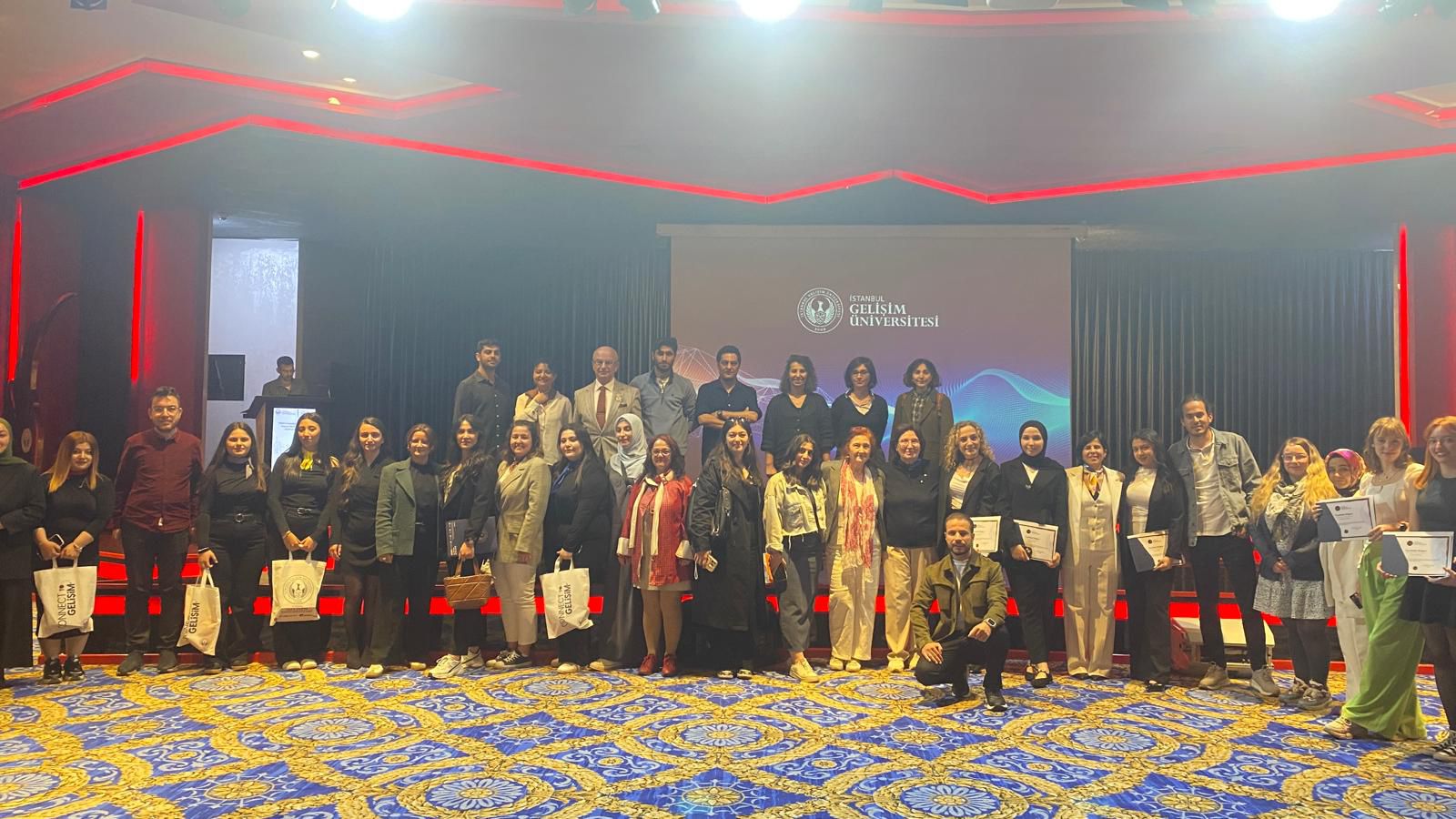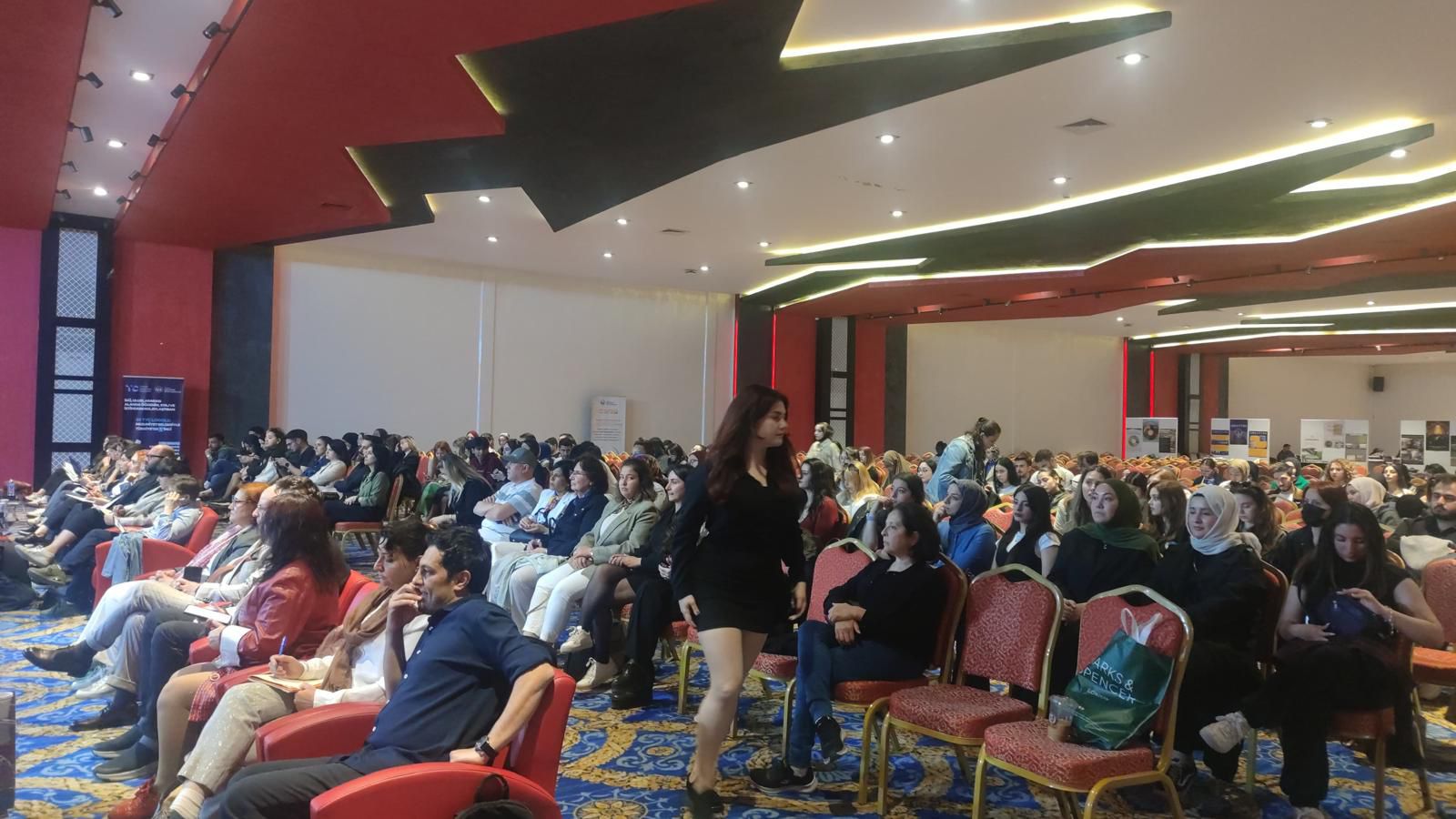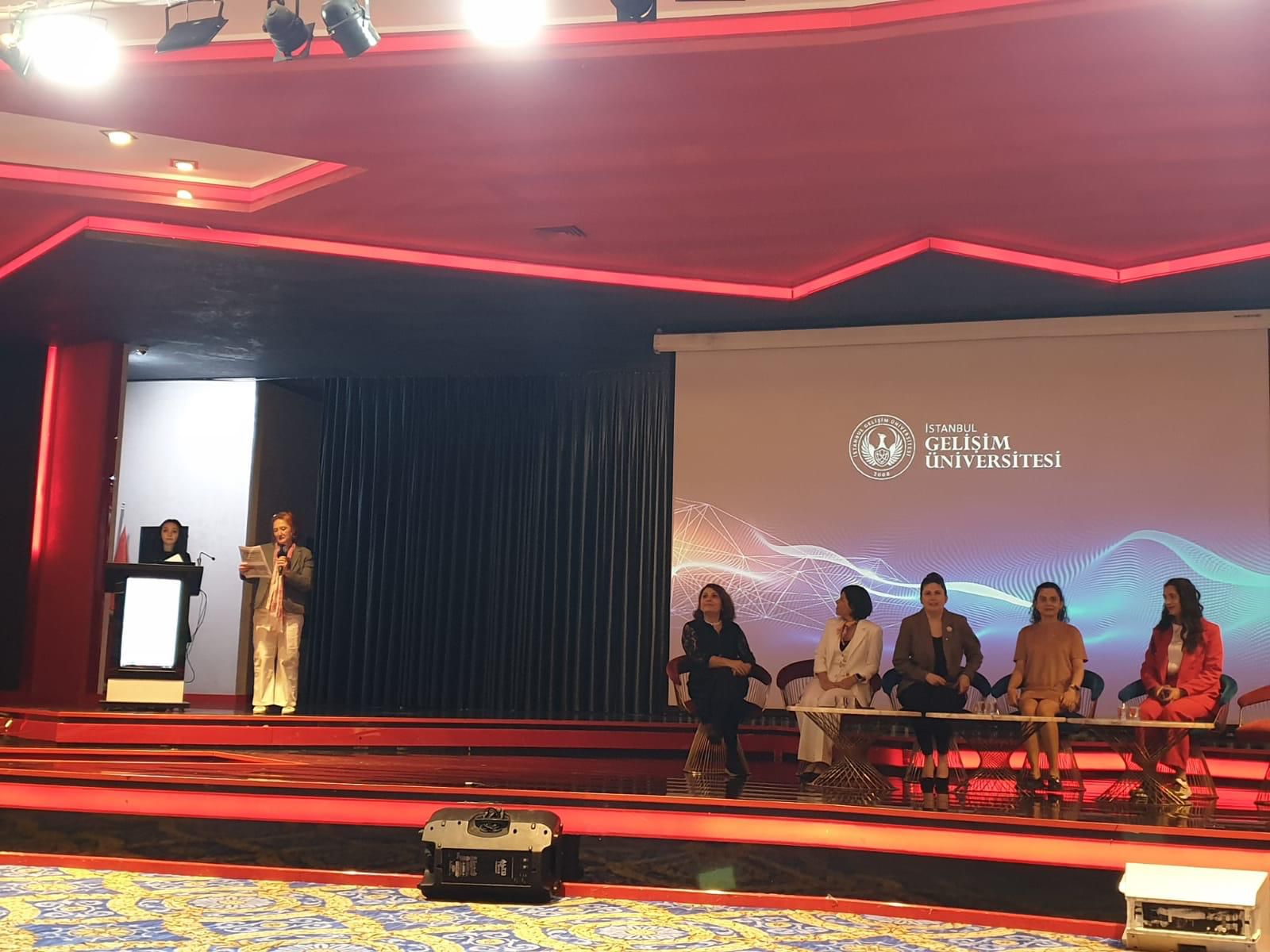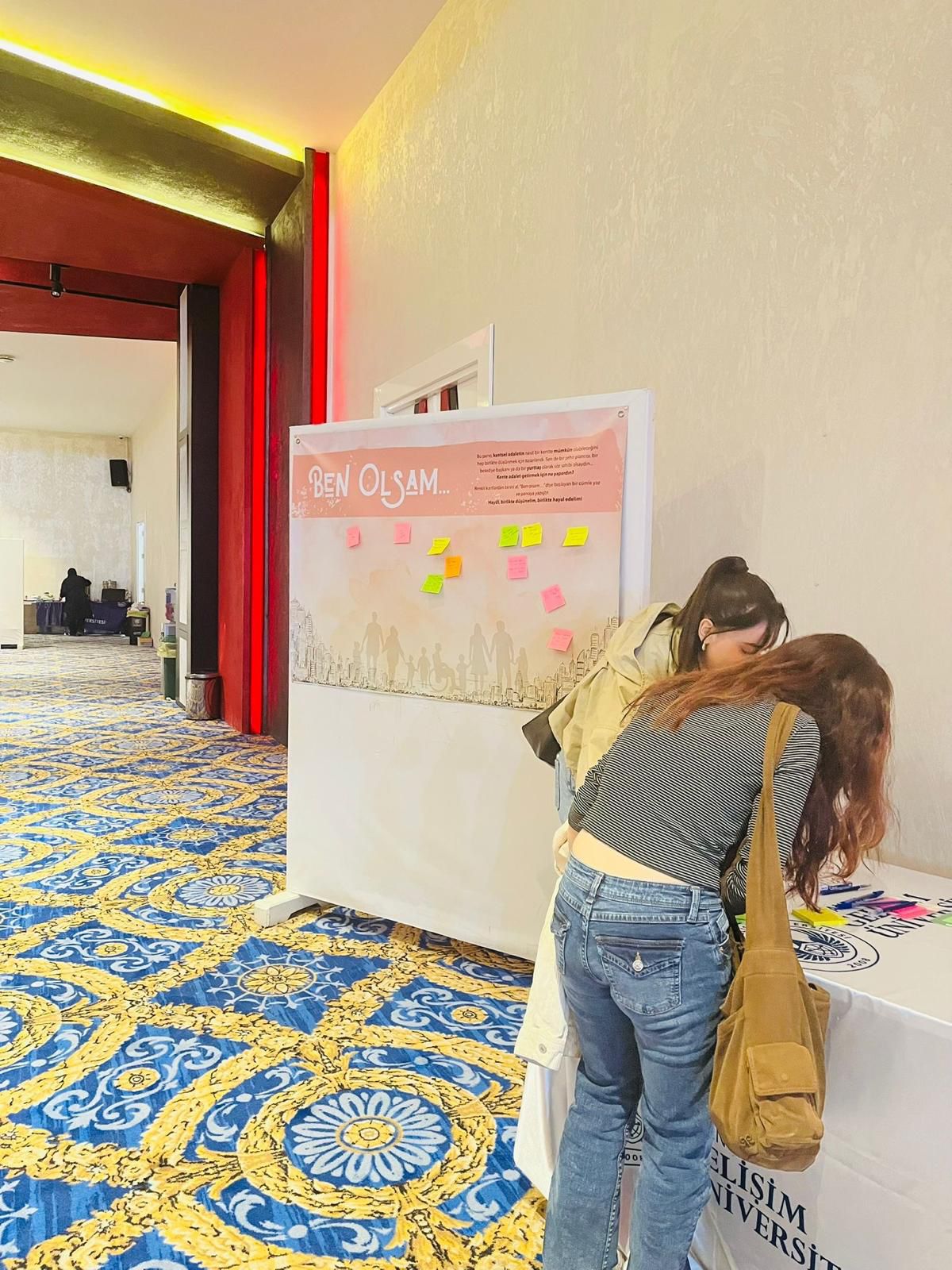
For your satisfaction and suggestions
İGÜMER

The symposium opened the floor for discussions on the city not only as a physical space but also as a complex social construct. Academics, students, and participants analyzed urban life through a multidimensional perspective.
The event began with an opening speech by Prof. Dr. Rıfat Mutuş, Dean of the Faculty of Health Sciences. Emphasizing the importance of addressing urban life not only structurally but also socially, culturally, and ethically, Prof. Mutuş expressed his hope that the symposium would contribute to this multifaceted way of thinking.
The first session featured a presentation by Prof. Dr. İsmet Galip Yolcuoğlu, who addressed urban poverty and the role of social work in tackling structural inequalities. This was followed by Dr. Hilay Atalay’s emphasis on the necessity of prioritizing social sustainability alongside physical planning in urban development. Assoc. Prof. Dr. Leyla Bektaş Ata discussed women’s access to public space and highlighted the determining role of gender in urban mobility.
In the panel chaired by Assoc. Prof. Dr. Anıl Al-Rebholz, Dr. Nurten Elkin examined the interplay between the Health Transformation Program and urban policy. Dr. Deniz Kaya Meral evaluated the psychosocial impacts of urbanization on mental health. Lecturer Buse Bulat addressed children’s right to play and access to urban spaces, while Lecturer Bedriye Çelik Kanca discussed the impact of digital addiction on children in the context of urban life. One of the most compelling presentations was delivered by student Duygu Taplamacıoğlu Korman, whose talk titled “Motherhood in a Feminist Urban Utopia: Solidarity Instead of Guilt” envisioned a women-friendly and solidarity-based city model.
In the afternoon session, the stage was taken by students of the Faculty of Health Sciences. Seven different student groups presented utopias that offered solutions to social issues such as health, aging, disability, environmental crisis, and digital inequality—demonstrating the dynamic potential of their professional education. Their presentations were evaluated by an independent jury composed of academics from the fields of architecture, literature, political science, communication, and visual arts, based on criteria such as conceptual depth, interdisciplinarity, social sensitivity, and practical applicability.
The first prize was awarded to the Sanvitas Utopia, developed by students Elif Kaymaz, Esma Nur Yiğit, Melek Beyza Ballı, and Sude Sarışahin from the Department of Health Management. The presentation centered on health inequality and not only critiqued the current system but also offered a visionary alternative for equitable healthcare.
The symposium was attended by Dean Prof. Dr. Rıfat Mutuş, Vice Deans Assoc. Prof. Dr. Neşe Kıskaç and Asst. Prof. Dr. A. Yüksel Barut, as well as numerous faculty members and students. During the award ceremony, Dr. A. Yüksel Barut presented certificates of appreciation to all students and awards to the Sanvitas team, emphasizing that this process was not just a competition, but an invaluable learning experience in critical thinking, research, and collaborative production.
Throughout the event, a participatory board titled “If I Were...” in the foyer area offered attendees an opportunity to share their thoughts on the city, health rights, and social justice. The symposium left a lasting impression as an inclusive and thought-provoking platform that merged knowledge production with imagination and social responsibility.




© Copyright 2022 Istanbul Gelisim University All Rights Reserved.